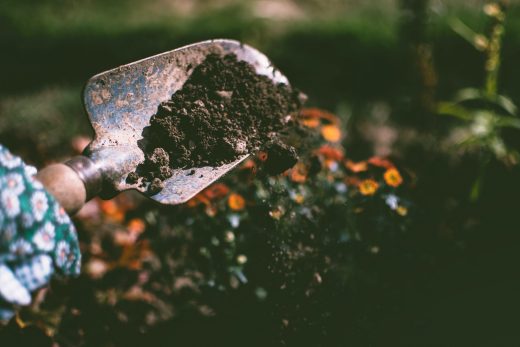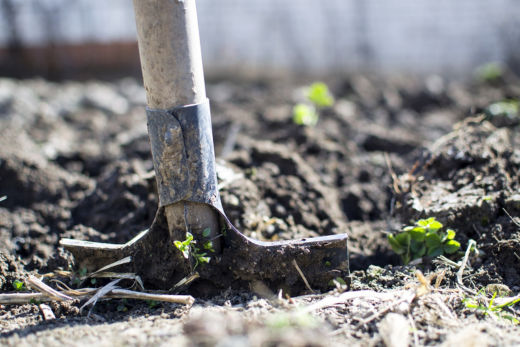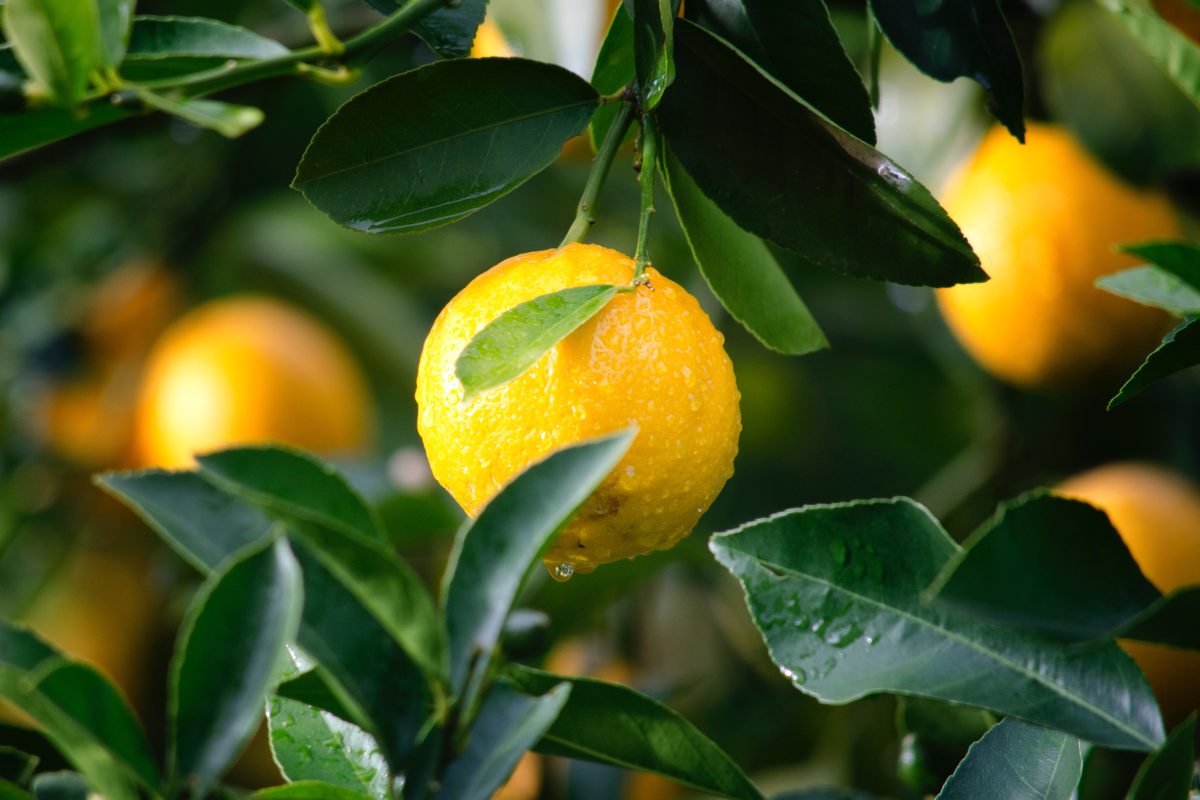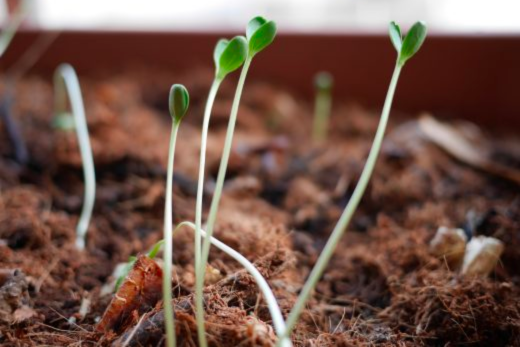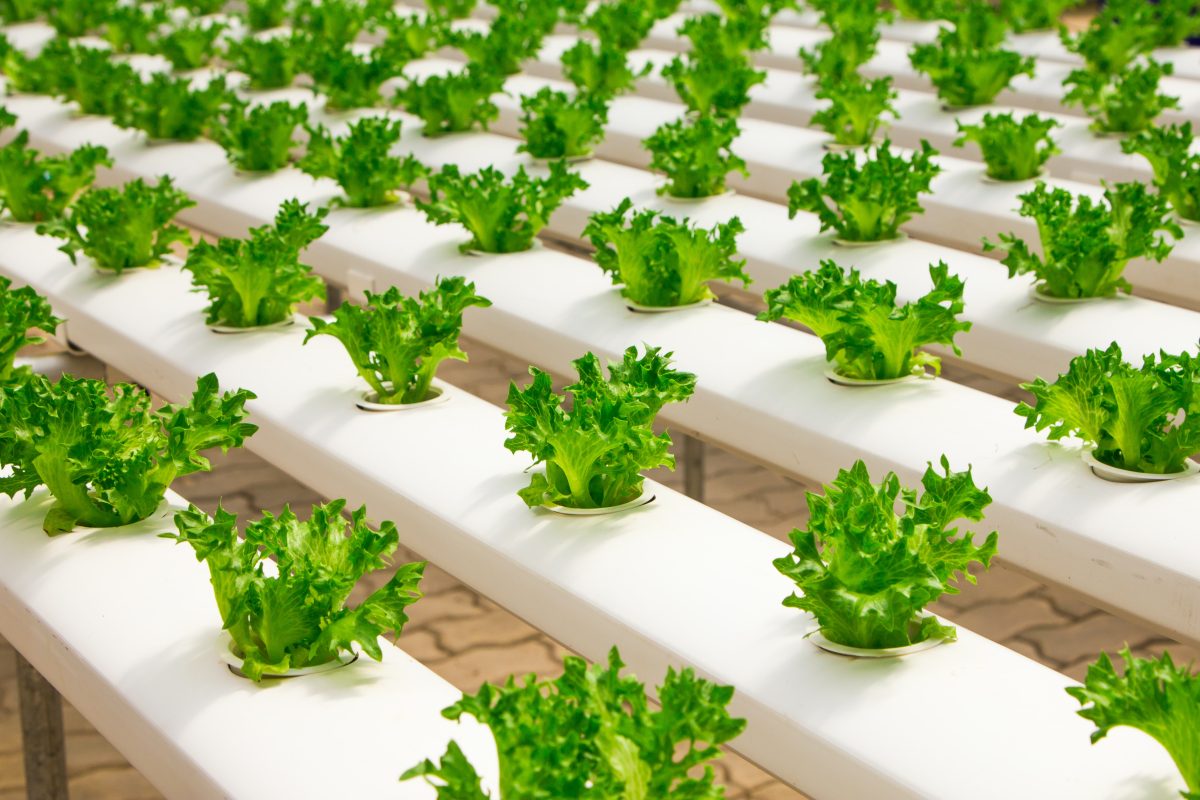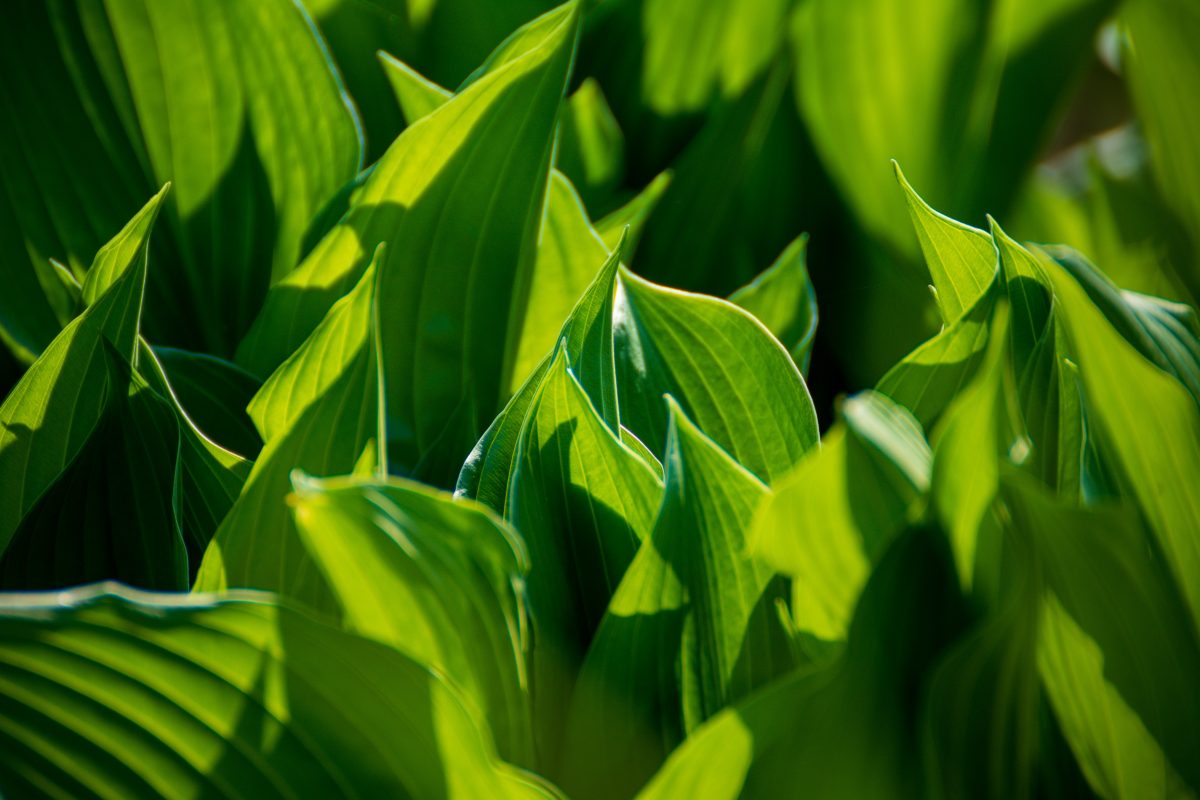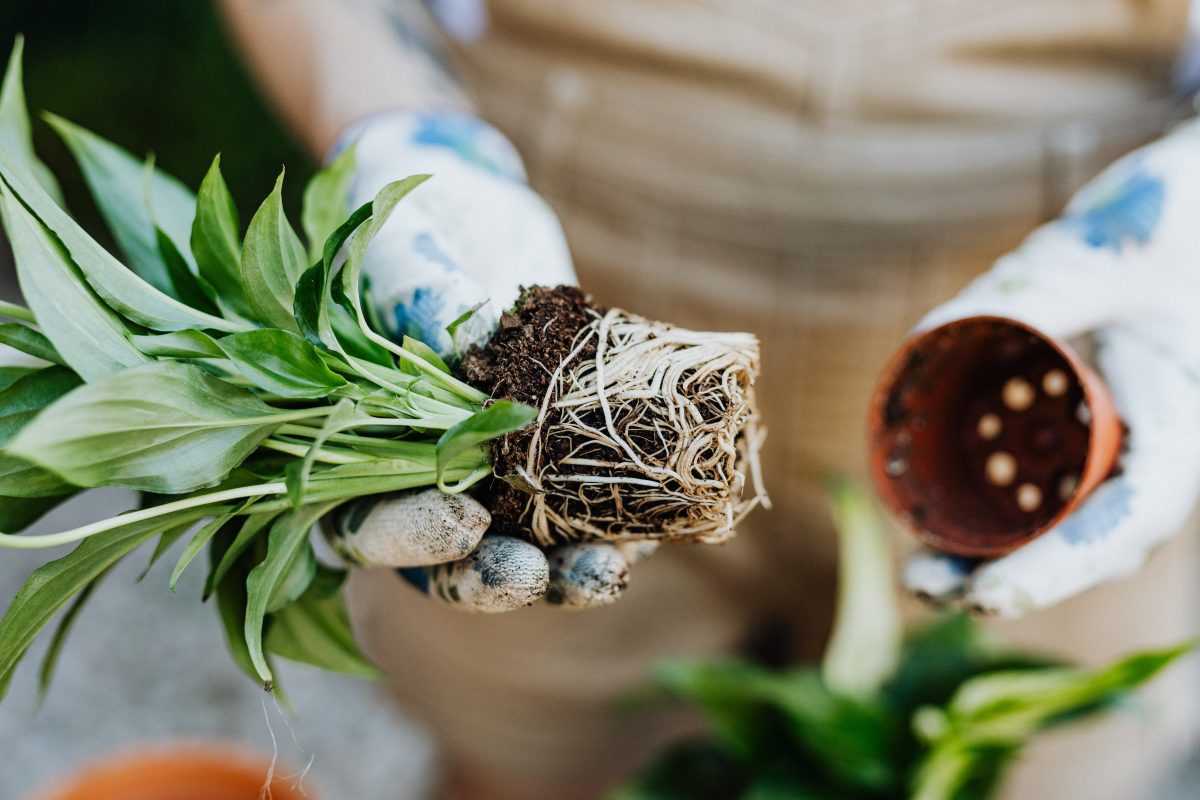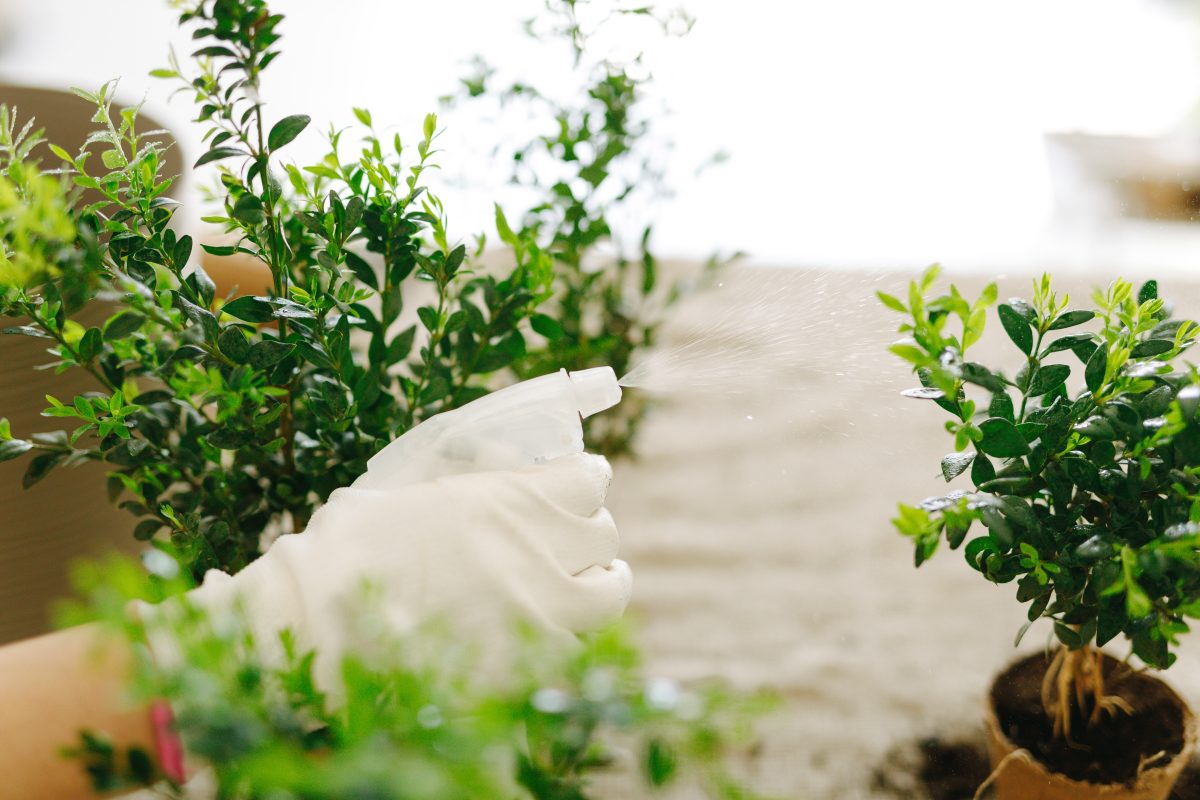Plants are living organisms that require a balanced diet of essential nutrients to thrive and flourish. Among these vital elements, magnesium plays a crucial role in numerous physiological processes, influencing plant growth, development, and overall health.
In the quest for enhancing plant nutrition, gardeners and plant enthusiasts have turned to a readily available and affordable option: Epsom salt.
Epsom salt, scientifically known as magnesium sulfate, has gained popularity as a potential supplement for plants due to its high magnesium content. Derived from a natural mineral compound, Epsom salt offers a convenient way to provide plants with the necessary magnesium they require for optimal growth.
In this article, we will explore the benefits and considerations of using Epsom salt for plants. We will delve into the role of magnesium in plant growth, examine the ways Epsom salt can serve as a magnesium source, discuss application methods and dosages, and analyze case studies and experimental evidence.
What Is Epsom Salt?

Epsom salt, scientifically known as magnesium sulfate, is a remarkable substance with various applications.
It gets its name from the town of Epsom in England, where it was first discovered in natural springs.
This mineral compound consists of magnesium, sulfur, and oxygen, and it typically appears as white, odorless crystals.
Beyond its popular use in relaxing baths, Epsom salt has found its way into the realm of plant care. It serves as an accessible and cost-effective source of magnesium for plants.
Magnesium is an essential nutrient for plant growth, supporting processes such as chlorophyll production, enzyme activation, and nutrient metabolism.
By utilizing Epsom salt as a magnesium supplement, we can provide plants with this vital element, helping to promote their health and overall well-being.
The Role Of Magnesium In Plant Growth
One of magnesium’s main jobs is chlorophyll production. Chlorophyll is the green pigment that helps plants absorb light energy and convert it into food through photosynthesis.
Without magnesium, plants wouldn’t be able to capture sunlight effectively and produce the energy they need to grow.
But magnesium’s contributions don’t stop there! It also acts as a catalyst for important enzymes, helps with DNA and RNA synthesis, and even plays a role in nutrient metabolism.
By ensuring magnesium levels are adequate, we can encourage robust root development, enhance nutrient absorption, and promote overall plant vitality.
When plants don’t get enough magnesium, they can suffer. Leaves may turn yellowish, growth can be stunted, and yields may plummet.
That’s why it’s crucial to provide plants with a sufficient supply of magnesium, ensuring they have the superhero they need to reach their full potential!
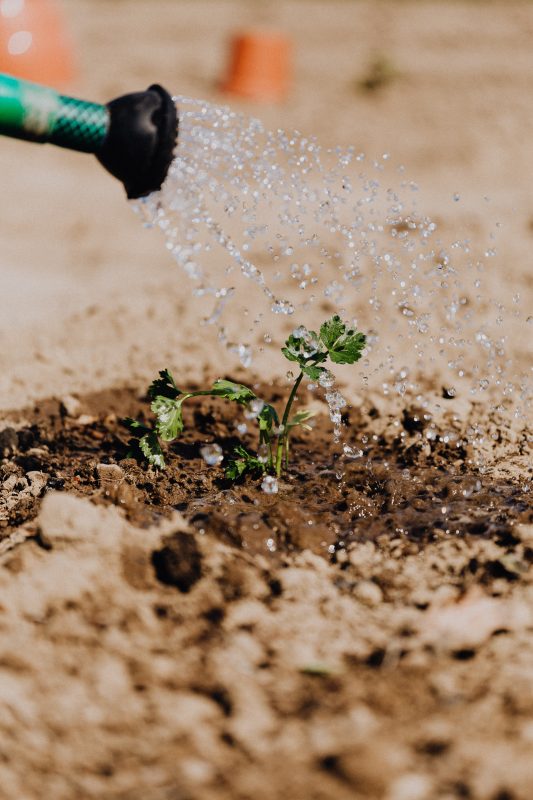
Epsom Salt As A Magnesium Source For Plants

Epsom salt is like a hidden gem when it comes to providing plants with magnesium.
When we sprinkle some Epsom salt around our plants or create a solution to spray on their leaves, it’s like we’re giving them a special nutrient boost.
Plants absolutely adore magnesium because it plays a crucial role in their well-being. It’s like their own little helper!
Magnesium helps them produce chlorophyll, the green pigment that helps plants soak up sunlight and turn it into energy.
Additionally, it activates enzymes and aids in the absorption of other important nutrients.
So, using Epsom salt as a magnesium source can truly work wonders for our plants, keeping them thriving and content.
Plants That Benefit From Epsom Salt
Let’s talk about some specific plants that have shown incredible benefits from Epsom salt in the garden! Roses, for instance, absolutely adore Epsom salt. It helps them produce vibrant, lush blooms with intense colors.
Tomatoes are another fan favorite. Epsom salt aids in fruit development and can help prevent blossom-end rot. Peppers and citrus trees also benefit from Epsom salt, as it promotes healthy foliage and robust fruit production.
Additionally, leafy greens like spinach and Swiss chard thrive with the magnesium boost from Epsom salt, resulting in vibrant and nutrient-rich leaves. So, if you have these plants in your garden, consider giving them a little Epsom salt for exceptional growth and yields.
Other Sources Of Magnesium For Plants
Besides Epsom salt, there are alternative sources of magnesium available to nourish our plants. One such source is dolomitic lime, which not only provides magnesium but also adjusts soil pH. Composted manure and organic matter are rich in nutrients, including magnesium, and can be used as natural fertilizers.
Some commercial fertilizers also contain magnesium as part of their nutrient mix. It’s worth noting that soils may already have a good amount of magnesium naturally present, so it’s essential to conduct soil tests to determine if magnesium supplementation is necessary.
Balancing magnesium levels through appropriate sources ensures plants receive adequate nutrition for their optimal growth and development.
Potential Drawbacks
While Epsom salt can be beneficial for plants, it’s important to consider the potential drawbacks associated with its use in the garden. One significant concern is the risk of overapplication.
Excessive amounts of Epsom salt can lead to an imbalance of nutrients, potentially causing harm to plants rather than benefiting them. Additionally, Epsom salt is not a comprehensive fertilizer.
While it provides magnesium, it does not supply other essential nutrients like nitrogen, phosphorus, and potassium.
Therefore, relying solely on Epsom salt may result in nutrient deficiencies if other vital elements are neglected.
Furthermore, certain plants may not require additional magnesium supplementation, as their magnesium needs are adequately met by the soil or existing fertilizers.
It’s crucial to assess the specific requirements of each plant and consult soil tests to determine the necessity and appropriate dosage of Epsom salt.
By exercising caution and using Epsom salt judiciously, we can avoid potential drawbacks and ensure our plants receive balanced nutrition for optimal health.


